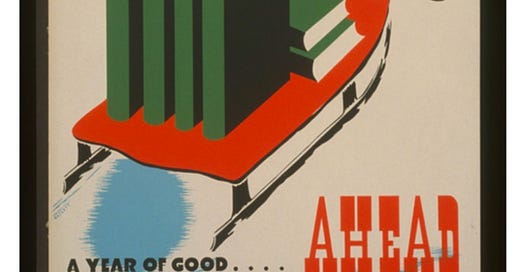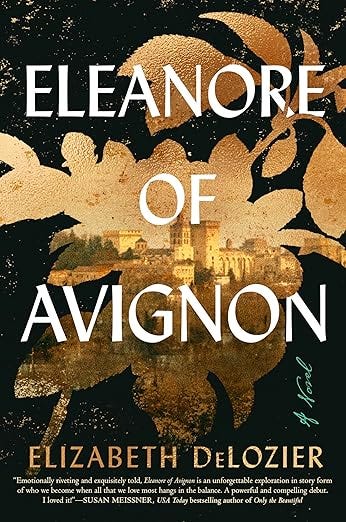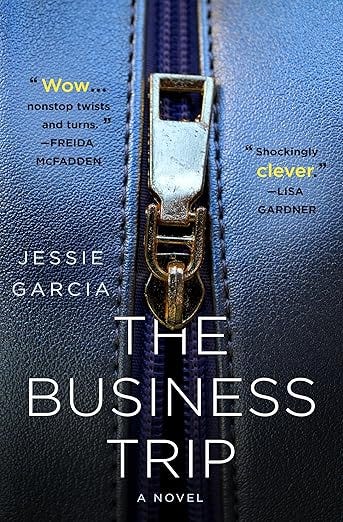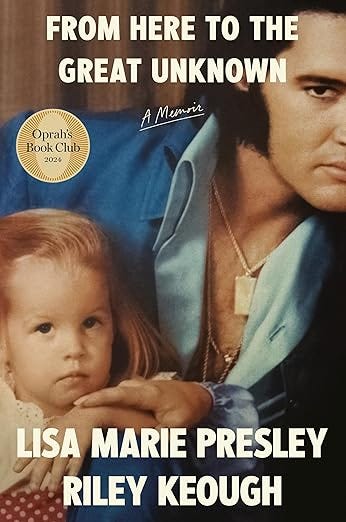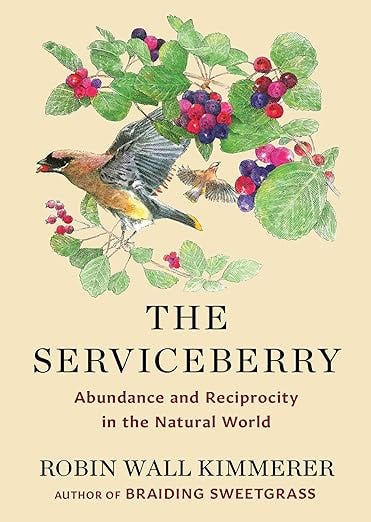Embracing the Seasons
“What good is the warmth of summer without the cold of winter to give it sweetness.” John Steinbeck
The above quote caught my attention recently. Growing up in southern California seasons rarely impacted my life in any meaningful way. We celebrated Christmas with a walk along the beach, and looked forward to a day cold enough for a sweater or some rain that required an umbrella, but not much else. In the summer I swam in the ocean and in the winter, I only walked along its edge, but the seasonal rhythms that form my life now are so different. One of my favorite things about living in Virginia is experiencing four distinct seasons. As I write this I am inside by a fire watching our first big snow. The seasons impact many aspects of my life now including what I wear, cook, and do each day.
This also extends to my reading life. On these cold frosty days, my couch and soft blankets call to me, as does an ever increasing stack of books. Winter reading can mean reading books with snowbound settings or rain drenched moors but it can also mean just sinking into an epic novel with strong characters and evocative settings. In the beginning of the new year books with themes of new beginnings and possibility also fit the bill. This is also a great time to start a classic you have been meaning to read.
Each year, for the past five years, my sister and I do a monthly buddy read together. We have set these around published reading challenges, backlist favorites, books set in different countries, and classic children’s stories. This year we are leaning into the seasons and plan to read books set in the season we are in. I am excited for this challenge as it gives us the latitude to read new and backlist titles, fiction and nonfiction, and various genres. Our first book this year is a 2018 release from Isabel Allende called In the Midst of Winter. I just started it, but so far I really am enjoying it. A few of my past winter favorites are Wintering by Katherine May, The Snow Child by Eowyn Ivey, Winter Solstice by Rosmund Pilcher, and One by One by Ruth Ware.
Bookish Links for a New Year
January is both a month of looking forward and looking back. This NPR article highlights the most borrowed books from US public libraries in 2024.
This is a great list of books to read in the winter. So many titles I have enjoyed from years past.
I just finished Lisa Marie Presley’s Memoir about her life as Elvis’ daughter (review below). Celebrity memoirs are not my usual forte but if you love them, here is a list of 20 Celebrity Memoirs coming out this year. The term “celebrity” is used loosley here.
Atomic Habits is another great book to read around the New Year. Did you know it was the third top selling book on Amazon last year? It has sold over 20 million copies worldwide in more than 60 languages since its publication in 2018. I had some useful take-aways when I read it five years ago and could probably do with a reread, but I also found this critic of the book by Laura Miller at Slate interesting.
I love this list of all the media consumed by Stephen Sondheim for the entirety of 2024. I love the idea of keeping a list like this for a year but am not sure I could maintain it. The link is courtesy of Morning Brew, my favorite newsletter for news with a business perspective delivered in smart, witty, mostly unbiased, digestible portions. If you aren’t reading The Morning Brew with your morning coffee, what are you even doing with your life?
I love this post by Oxford’s Oriel Library. Click on it to see the bookmarks returned to their library last year. I often find interesting bookmarks in the books left in my Little Free Library.
Recent Reads
It was great to read a smart absorbing historical fiction novel at the end of the year. Set in the 1300’s in Avignon, France. Pope Clement VI is head of the Church and Queen Joanna is the people's ruler. This book follows Eleanor, an herbal and medicinal expert following in her mother’s footsteps. She treats people for their aches and ills, watches over her father and twin sister, and mourns the loss of her mother. Gifted in the field of medicine, she has a chance meeting with the Pope’s renowned physician and this leads to an apprenticeship with the doctor inside the Papal Palace. Soon there are murmurings of a pestilence disease that kills people quickly and painfully - the Black Death. While Eleanor and the Dr. try to prepare for this, other events in her family's life start to impact her. This book is well researched, our heroine is clever and courageous, and willing to risk her own life to save others. I found myself absorbed in medieval France. This story stood out in because I recently visited Avignon, touring the Papal Palace, visiting the cathedral, and walking its narrow cobblestone streets; I think anyone who likes historical fiction will value this book. My one caveat is that Eleanor is performing a lot of medical procedures and I skimmed some of the graphic parts (I always look away during surgery on tv shows as well). I am a huge fan of Maggie O'Farrell's Hamnet and Gwendoline Brooks’ Year of Wonder, both historical fiction novels set during plague years (but in England) and this is an excellent addition to the subgenre. [Published: 11/25; Pages: 320]
Releasing next week is a debut novel, The Business Trip. This is one of the most inventive mystery/suspense books I have read in a long time. The premise is as follows: two women meet as seatmates on a flight to San Diego. Not long after, the women disappear and their personal objects and DNA are found at a man’s home, thousands of miles from their original destination. In the story, we follow both the womans’ perspectives, as well as that of their coworkers, friends and suspects. This is a fun twisty turny novel that keeps you guessing both about the crime and the victim. At one point, I was sure I knew what was going on but then, another twist. I find a lot of suspense books struggle to maintain a sense of believability and often require setting aside your disbelief in order to enjoy the story. This book felt very grounded in the here and now; the characters and situation felt like it could be real. No mysterious islands, supernatural powers, or convoluted plot lines, just plain old bad behavior - but by whom? And why? (I am talking to you Alice Feeny and Lucey Foley) If you want something compulsively readable for an airplane trip or a cold winter day, this is a great choice. [Published: 1/17/25, Pages: 352]
I listened to this memoir based on some buzz I heard last fall. Wow - this is a fascinating book but also very sad. It is a combination of the efforts Lisa Marie Presley made to complete a memoir before her death in 2023 and her daughter, Riley Keough, picking up the mantle to finish it. In the audio version, Julia Roberts reads Presley’s sections, Keough reads her own, and there are snippets of recordings of Presley discussing her life interspersed throughout the book. Lisa Marie Presley and I were born in the same year. I grew up seeing her in tabloid magazines, but I had little knowledge about her life. It is clear that the impact of losing her dad, whom she was very close to and dearly loved, was life long. The beginning of the book are her recollections of her childhood at Graceland. Stars magazine has a feature called “Stars - They're Just Like Us” showing famous people out and about running everyday errands so we can think their lives are like ours. After listening to this memoir, it is clear there is nothing relatable about my life compared to Presley’s. The money, the frenetic running around, the late night parties, the never being settled in one place, the many marriages. Everyone around her wanted something from her. It all just seems unreal to me. (Clearly I don’t read a lot of celebrity memoirs) I also had no idea about the other losses in Presley’s life. Overall, while this is an interesting listen, I don’t have any big takeaways. I'm just really sad for the emptiness and grief in Presley’s life. I aplaude Keough’s ability to share about her life with her mom and try to explain her mom’s struggles. There is a part late in the book where she discusses grief and she writes beautifully on the pain of losing someone and how to meet the grief head on. After finishing this book, I can only wish the best for Keough as she navigates the complexity of family life and stardom.[Published: 10/24, Pages: 304]
One of my most anticipated book releases last fall was The Serviceberry by Robin Wall Kimmerer. Kimmerer is a scientist, teacher, and author of the beloved Braiding Sweetgrass, a ten year old book that we still sell multiple copies of each week at the bookshop. In The Serviceberry, Kimmerer asks big questions about the economy in which we live (USA), but does not give many solutions. She considers the ideas of gratitude and reciprocity through the metaphor of Serviceberries. She points out some of the problems in our current capitalist economy but provides few solutions except suggesting we share what we have instead of contributing to scarcity. This is not a new idea and her primary examples are farm stands and little free libraries. I have a little free library and have volunteered for nonprofits that pass on extra food made by bakeries or bought by grocery stores to those in need in my community. Many people contribute to those in need in their community. The list of examples of people that I know that help others regularly is long and yet none of this even hints at disrupting our system of built-in scarcity that exists within our current economic structure. We are all looking for that starfish to save but this never seems to impact the actual large economic system we live under. The reviews of this book are overwhelmingly positive, but while I found this short book quotable it lacks the fortitude of Braiding Sweetgrass. I read that The Serviceberry was born out of an essay she wrote a few years ago and I question if it needed to be turned into a book. I will plug the publisher for creating an attractive little hardcover that makes a nice gift, but at only 120 pages, it can be read in an afternoon. [Published: 11/25, Pages: 120]

